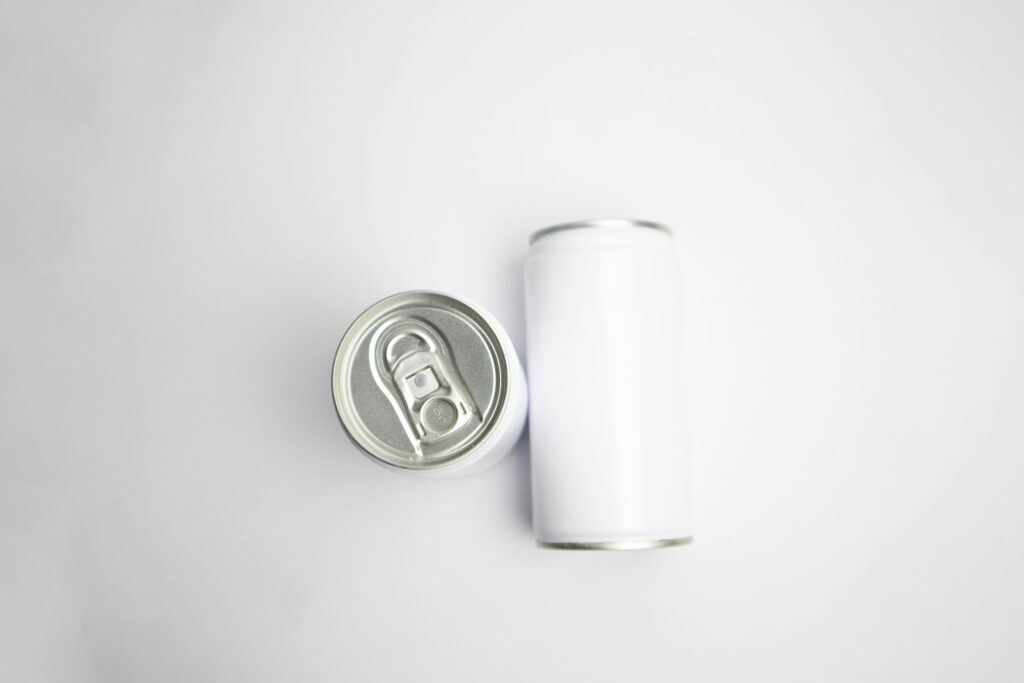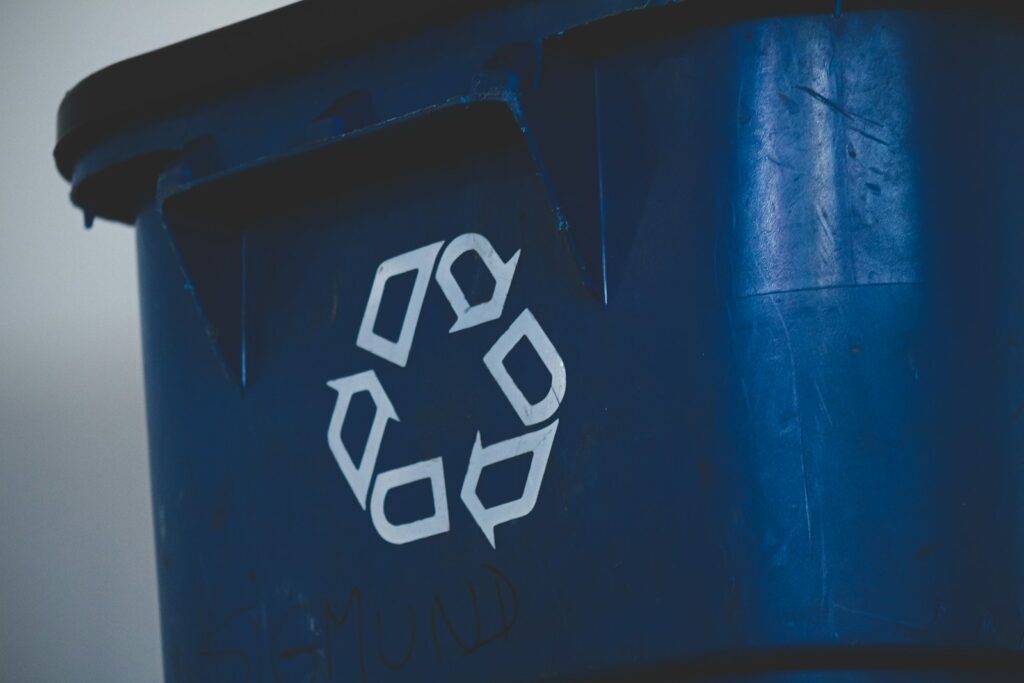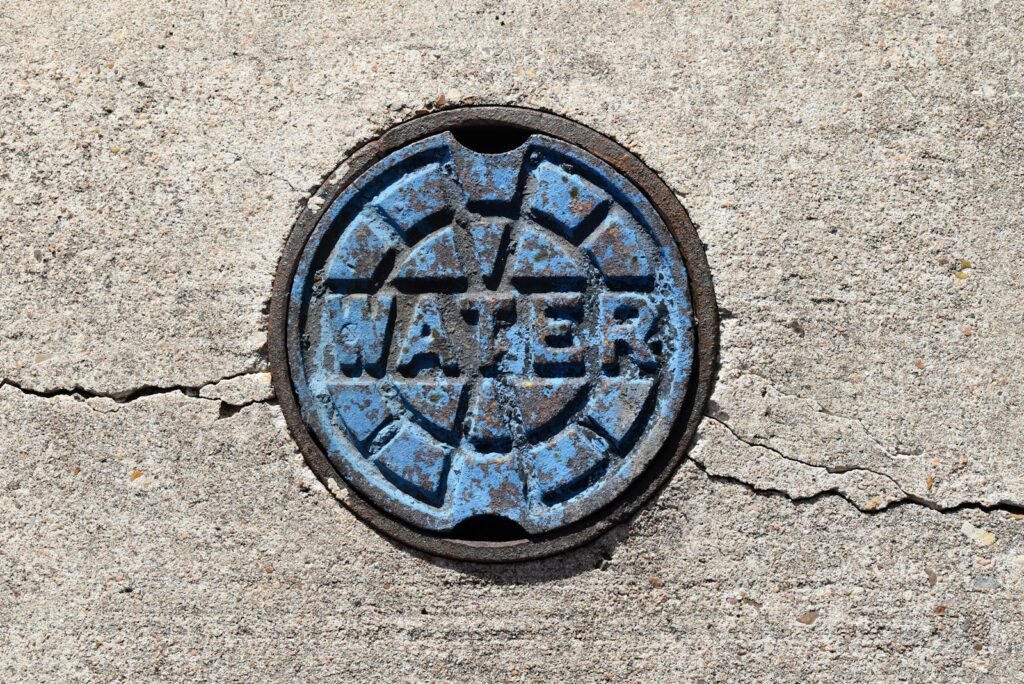Cigarette filters are one of the most commonly collected items of litter globally, and contrary to popular belief they have no health benefits over unfiltered cigarettes, according to research published in the BMJ.
Filters first appeared in the 1950s when the tobacco industry portrayed them as a way to make cigarettes safer, however, according to the report, filters do not reduce tar when smoked by humans.
The authors of the report argue that the safety of filters is a myth created by the tobacco industry to sell cigarettes.
It is estimated that 4.5 trillion cigarette butts are disposed of annually.
The filters are made from non-biodegradable plastic called cellulose acetate and they can, therefore, take decades to degrade and as they do they break down into smaller microplastics.
According to the report, the tobacco industry has never been held accountable for the cost of the waste it generates, with this concern being excluded from the World Health Organisation Convention on Tobacco Control.
The researchers argue that based on these facts, the sale of filtered cigarettes should be banned, not only do they have no health benefit but they are also a major contributor to global plastic pollution.
The authors argue that the EU ban on many single-use plastic products from 2021 missed an opportunity by not including cigarette filters in that list.
The report concludes: ‘It may be time for a radical approach that strengthens ties between the environment and health communities for the common planetary good.’
‘If we fail to reduce the trillions of cigarette butts that are added to the world’s waste burden annually, we undermine our efforts to curb global plastic waste and miss an opportunity to help end the global tobacco epidemic.’
Earlier this year, Environment Journal published a conversation article from Dannielle Green, senior lecturer in Ecology, Anglia Ruskin University, who wrote about the dangers of cigarette butts to plants and animals.
Photo Credit – Pixabay
















